Turning Setbacks into Strength: A Guide to Mental Flexibility

Life is a journey full of unforeseen obstacles. Whether it's a failed project, a missed opportunity, or a personal setback. Whatever the case, it's not the setback that defines us but how we respond. Have you ever encountered a setback that felt utterly impossible to overcome? We've all been there. But here's the thing: resilience and mental flexibility become crucial during these tough times. In this guide, we'll explore how to turn setbacks into strengths by cultivating mental flexibility and equip you with valuable strategies for embracing life's uncertainties.
Understanding Mental Flexibility
What Is Mental Flexibility?
Mental flexibility is the ability to adjust your thoughts to changing conditions, allowing you to consider different perspectives and approaches when faced with challenges. It involves shifting thoughts in response to evolving demands and is crucial in problem-solving and decision-making.
- Benefits of Mental Flexibility:
- Enhances problem-solving skills.
- Encourages creative thinking.
- Reduces anxiety and stress levels.
- Improves interpersonal relationships.
Strategies for Developing Mental Flexibility
Accepting the Reality of Setbacks
The first step in turning a setback into strength is acceptance. You allow yourself to learn and grow when you acknowledge the circumstance for what it is rather than resisting it. Consider this:
"Acceptance of what has happened is the first step to overcoming the consequences of any misfortune." – William James.
Reframe Your Perspective
Once you accept a setback, it's essential to reframe your perspective. Instead of viewing setbacks as failures, consider them opportunities for learning and development. This shift in perspective is not just a change in words but a change in mindset that opens up a world of growth and potential. Instead of thinking, "I failed," try, "What can I learn from this?" It's all about perspective.
Setting Flexible Goals
Setting objectives can be beneficial, but rigid goals can become a source of frustration. Adopt a flexible approach when setting your objectives by:
- Establishing short-term and long-term goals that can adapt to changing circumstances.
- Creating contingency plans for potential setbacks.
- Regularly evaluating and modifying your goals based on new insights or situations.
Flexibly-minded goals encourage exploration and adaptability, reinforcing your ability to manage setbacks.
Seeking Support and Collaboration
Don't hesitate to seek support from others. Discussing your experiences with friends, family, or colleagues can help you gain new perspectives and empower you to view setbacks differently. Collaborating with others also opens avenues for shared learning and growth.
Building Emotional Resilience
Practising Self-Compassion
We may be our worst critics, but practicing self-compassion can have a profound effect. Instead of criticizing yourself for making mistakes, try treating yourself with the compassion you'd offer a friend. This is not about letting yourself off the hook but about offering yourself the support and understanding you need to keep moving forward. Acknowledge your emotions, remind yourself that everyone experiences setbacks, and move on.
Benefits of Self-Compassion
- Emotional Resilience: Being kind to yourself helps you bounce back faster from difficulties.
- Motivation: You're more likely to persevere if you're not bogged down by self-criticism.
Building Resilience Through Setbacks
Let's be real—resilience doesn't mean never falling. It means getting back up and dusting yourself off after a setback in life. To build resilience:
- Learn from Failures: Reflect on mistakes and identify areas for improvement.
- Develop a Support Network: Surround yourself with people who encourage growth and positivity.
- Keep a Journal: Writing about your experiences can help you process setbacks and spot patterns in handling challenges.
Turning Setbacks into Strengths
Transforming setbacks into strengths is more than just a positive mantra; it's a practical strategy rooted in mental flexibility. By accepting reality, reframing perspectives, and practicing self-compassion, you can enhance your ability to adapt and thrive in the face of challenges.
The next time you encounter a setback, pause and reflect. How might you view this challenge as an opportunity for growth? Remember, every setback presents an opportunity for a comeback—it all depends on how you respond.
For further reading on mental resilience, consider checking out:
- The Power of Vulnerability by Brené Brown discusses the strength derived from acknowledging our imperfections.
- Mindset: The New Psychology of Success by Carol S. Dweck focuses on the benefits of having a growth mindset.


